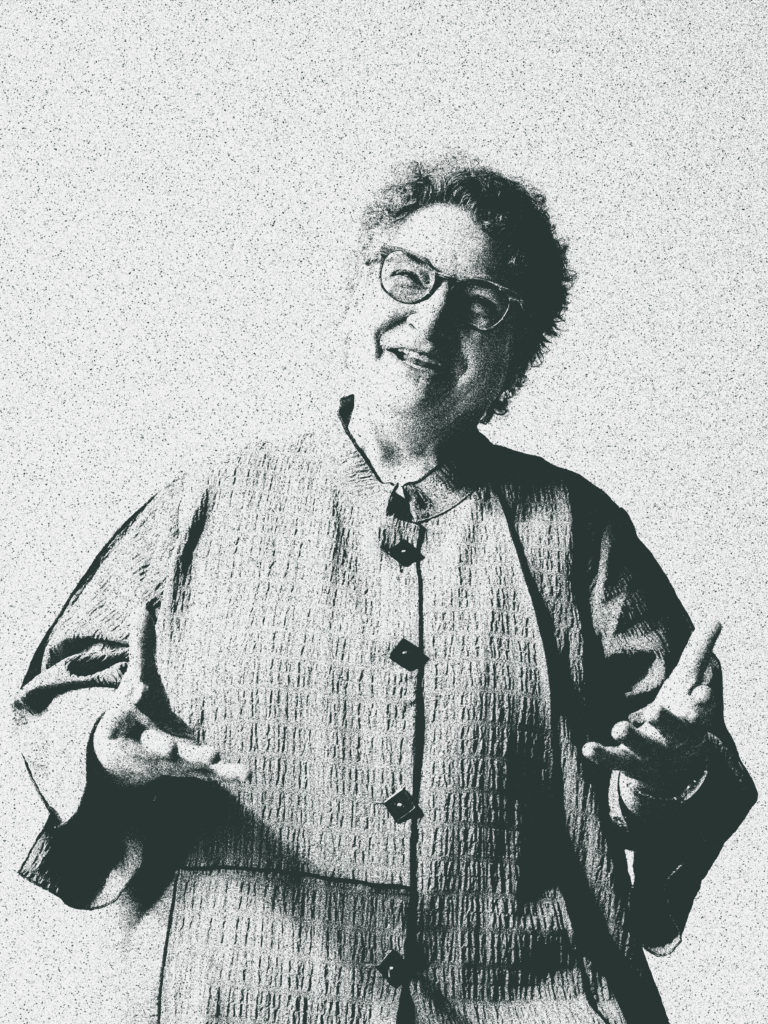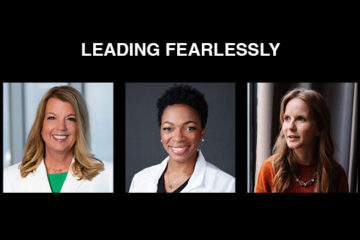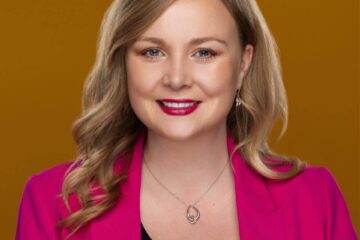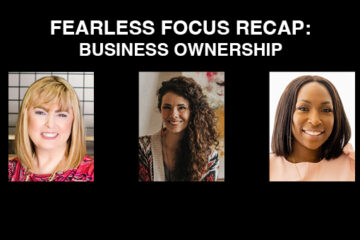As told to Emily Kestel and Jami Milne. Portrait by Jami Milne.

What characteristics do you admire in other women?
I think women are really good about being honest with each other, and especially good friends, where they can tell you anything, and sometimes it’s hard to hear, but they’re the ones that will tell you. I think they are caring. I think they’re forgiving. They know that we all make mistakes, and we all mess up sometimes. I think we challenge ourselves all the time to be better, and to look for ways to improve.
What inspires you in life?
Young people right now, because I see them as kind of our hope for the future. It’s that love of learning and that interest in finding out more. And that motivates me.
What is your greatest fear?
The divisions within the country right now. Just the fact that we’ve lost that civility, and the ability to agree to disagree in a way that is not threatening, or hurtful or hateful. I worry about the future of our country if those divisions continue.
What does it mean to be fearless?
Being bold, taking risks, being able to put yourself out there, knowing that you may get attacked for it. In the political arena, you get a really tough skin because you learn that people are going to be critical of you.
How do you define success?
Knowing that you made a difference, and being willing to do the work to make that difference.
What is your biggest struggle right now?
Balancing time. I thought when I retired, it was going to be so much easier because I wouldn’t have all of those work commitments. But what I find hard is knowing when to say yes. And when to say no because I can’t do it all and do it all well.
What are you least confident about?
The environment right now. I look at what scientists are telling us about climate change and what we are facing and it worries me a lot.
What are you most confident about?
I’m confident about our ability to change it. And to make things better, even with the environment, we know what it’s going to take. It’s just a matter of having the willpower to do it. So I’m confident that we have the people we need to be able to solve the problems. I am hopeful that people will start listening better and more readily, and that we’re going to see more of those changes faster.
How can we build a more equitable world for everyone, especially women?
Making sure that women are at the table, wherever that table may be, whether it’s a boardroom, or whether it’s a community table, where you’re solving the problem of hunger, and violence within a community. Women need to be at the table and their voices need to be heard, and they need to be validated.
This story is part of a collection of 10 stories produced by Ballet Des Moines and Fearless as part of its “SHE” series. To read all of the other stories, visit this link.


